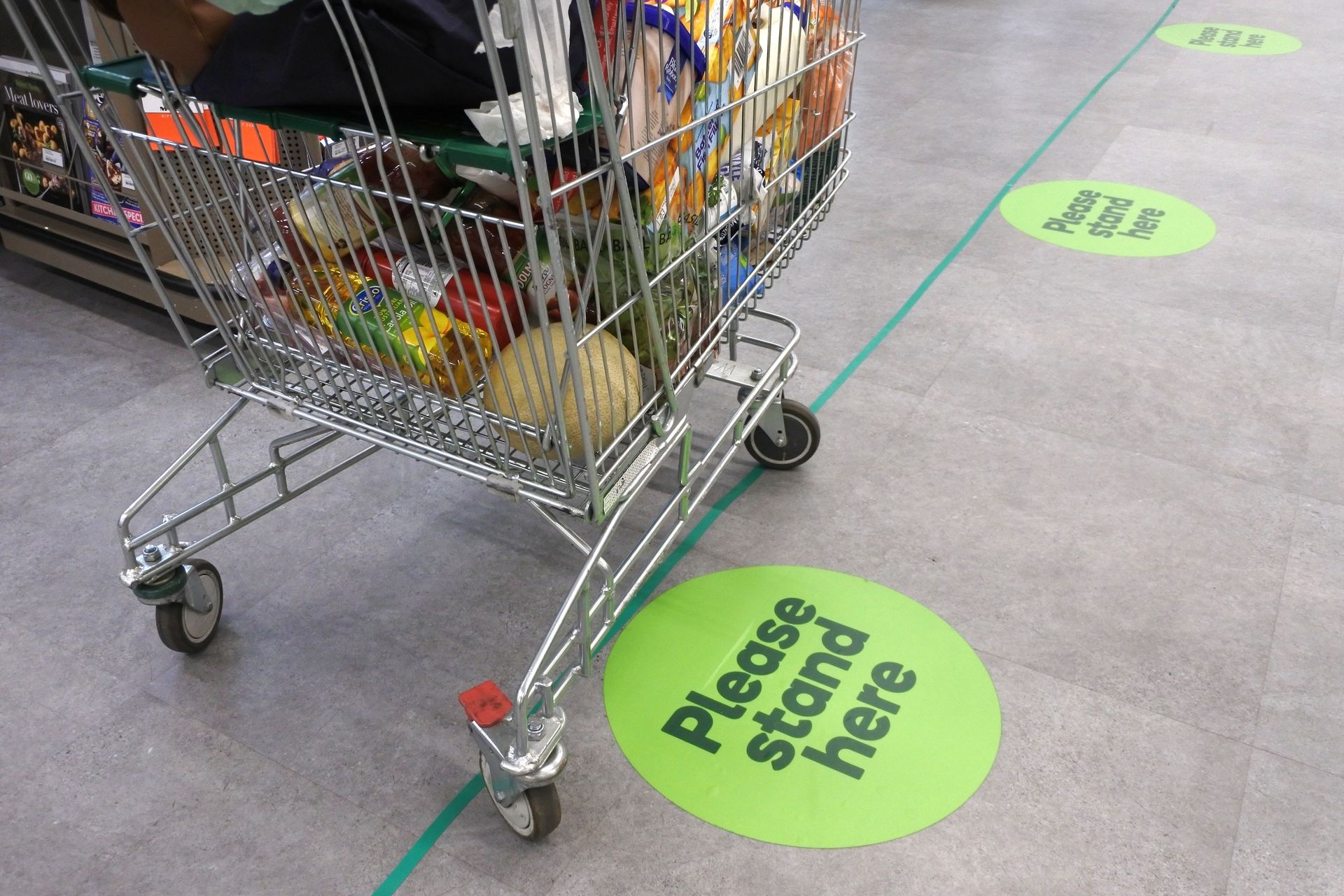January 16, 2024
Since 2019, the business landscape has undergone significant transformations in the wake of the global COVID-19 pandemic. As we step into 2024, companies worldwide continue to grapple with the evolving challenges and opportunities presented by the ongoing pandemic. In 2023, COVID-19 produced a new strain called JN.1: Question is do we need to panic? The short answer is NO. The World Health Organisation (WHO) has labelled JN.1 as a “variant of interest" (VOI), a designation given to certain variants of a virus, such as the SARS-CoV-2 virus that causes COVID-19. VOI’s are closely monitored due to specific characteristics that may have implications for public health efforts. The criteria for designating a variant as a VOI may vary by health organizations. Generally, a variant of interest may exhibit one or more of the following features: Increased Transmission: The variant may show evidence of increased transmissibility, meaning it spreads more easily from person to person. Impact on Diagnostics, Treatments, or Vaccines: There may be concerns that the variant could impact the effectiveness of diagnostic tests, treatments, or vaccines. Potential for Increased Severity: The variant might be associated with more severe disease outcomes. Increased Resistance to Immunity: There could be indications that the variant is less susceptible to immunity generated through previous infection or vaccination. It's important to note that the designation of a variant as a "variant of interest" does not necessarily mean that it poses a significant threat . It is a classification used by health authorities to draw attention to certain variants that warrant closer monitoring and further investigation. If a variant demonstrates increased risk and becomes more concerning, it may be reclassified as a "variant of concern." Public health agencies, such as the WHO and national health organizations, regularly assess and classify variants based on these criteria to inform public health measures and strategies. Monitoring and understanding the characteristics of variants are crucial components of the ongoing efforts to control and manage the spread of infectious diseases. The U.S. Centres for Disease Control and Prevention (CDC) at the time provided an update on the JN.1 subvariant. According to the CDC, there is currently no evidence suggesting that JN.1 poses an elevated risk to public health compared to other variants currently in circulation. Moreover, the CDC reassured that individuals who receive an updated vaccine shot can continue to be effectively protected against this specific variant. So what do we need to do? Continue to implement robust health protocols, including regular sanitization, social distancing measures, and if appropriate vaccination policies. Also monitor public health messaging and adjust accordingly, ensuring that you prioritise the safety of employees and customers not only protects public health but also builds trust in the brand. As businesses chart their course in 2024, the lessons learned from the COVID-19 pandemic should continue to shape your strategies and priorities. Fostering resilience, prioritising employee well-being, and maintaining a customer-centric focus are key pillars for success in the post-COVID era. By staying agile and innovative, businesses can not only weather uncertainties but also thrive in a rapidly evolving business landscape.





